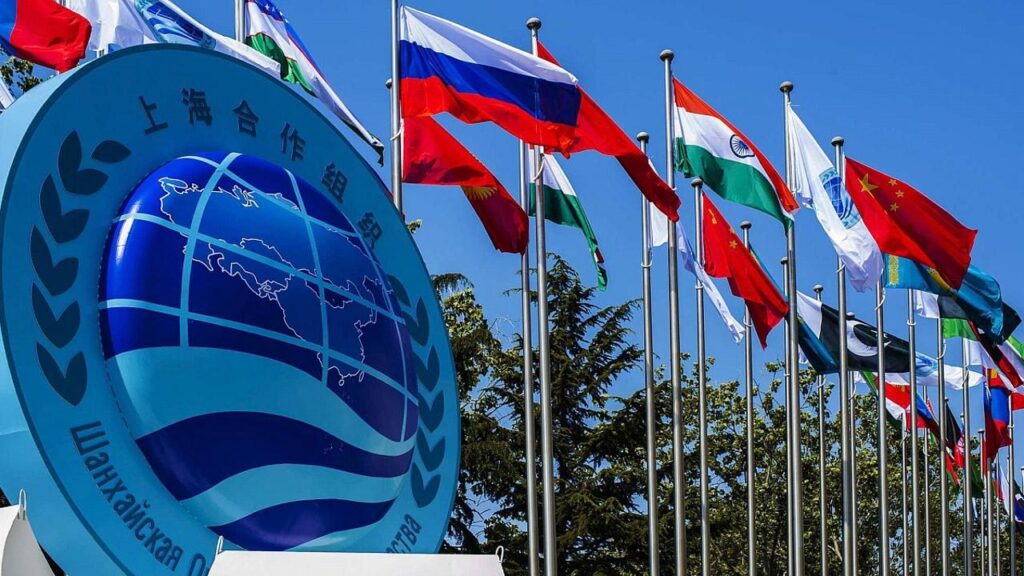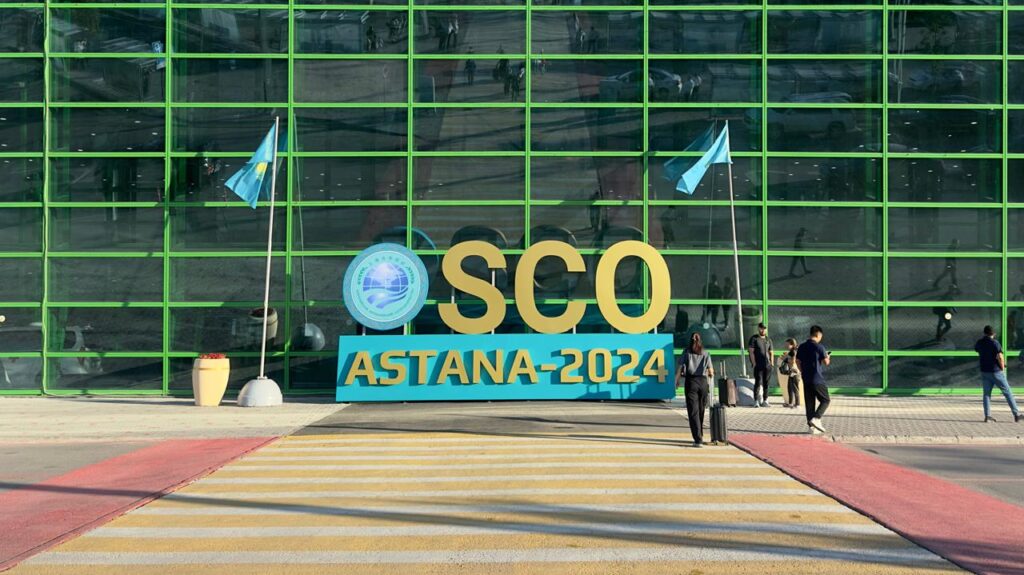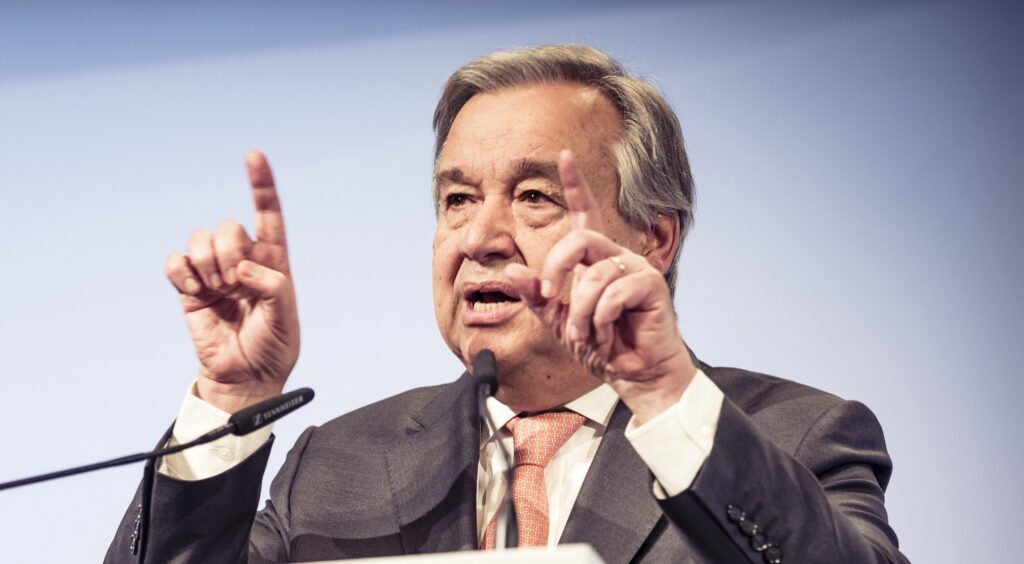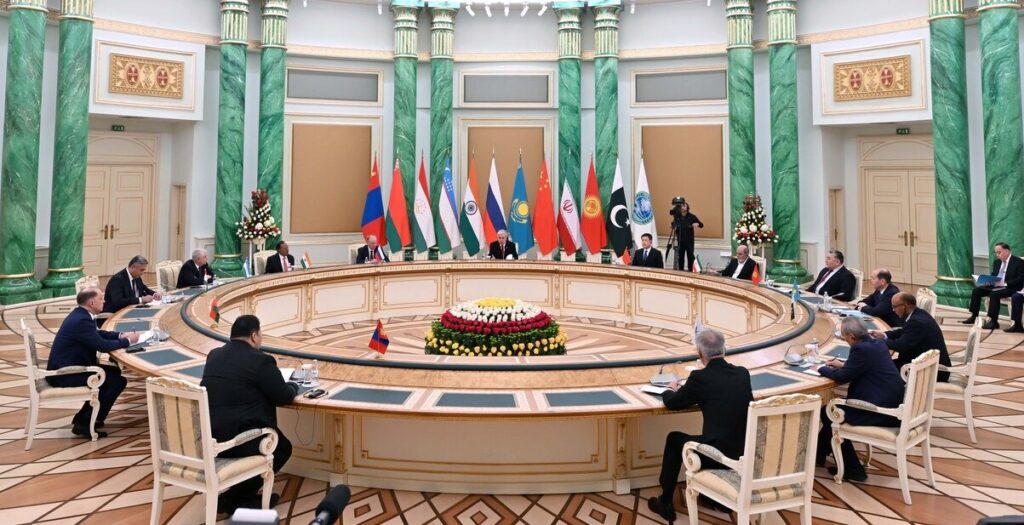Participants at SCO Summit in Astana to Adopt New Security Paradigm
Participants at the Shanghai Cooperation Organization (SCO) summit in Astana will appeal to the world community to start an honest and open dialogue and adopt a new security paradigm, Kazakh President Kassym-Jomart Tokayev has stated in an interview with the Xinhua news agency. The SCO summit will be held in Astana on July 3-4, and member states, observers, and dialog partners will participate. U.N. Secretary-General, António Gutterish will also be in attendance. The SCO currently has nine member states: China, India, Iran, Kazakhstan, Kyrgyzstan, Pakistan, Russia, Tajikistan, and Uzbekistan. Afghanistan, Belarus, and Mongolia hold observer status, though Belarus is expected to become a full member of the Organization at the upcoming summit. According to Tokayev, the summit is expected to make strategically important decisions regarding the organization's future. "The main areas of interaction for the medium term will be defined, and initiatives will be developed for the adequate and timely response to current challenges and threats," Tokayev stated. The president also noted that the summit's final decisions will fully embody the fundamental principles of the "Shanghai spirit": friendship, mutual trust, mutual benefit, and the consideration of each other's interests. "Participants of the summit in Astana will appeal to the world community to start an honest and open global dialog, adopt a new security paradigm, create a fair economic environment, and make the necessary efforts to protect the planet's purity," he added. The President also stated that 2024 was declared the SCO Year of Ecology on the initiative of Kazakhstan. "International documents in ecology, protection of natural territories, ecotourism, combating climate change have been developed and are planned for adoption," Tokayev added. Earlier, the official representative of the Ministry of Foreign Affairs of the People's Republic of China reported that Chinese President Xi Jinping will participate in the 24th meeting of the Council of Heads of State of the SCO in Astana. At the invitation of the President of Kazakhstan, Kassym-Jomart Tokayev, and the President of Tajikistan, Emomali Rahmon, President Xi Jinping will also visit these two countries.




